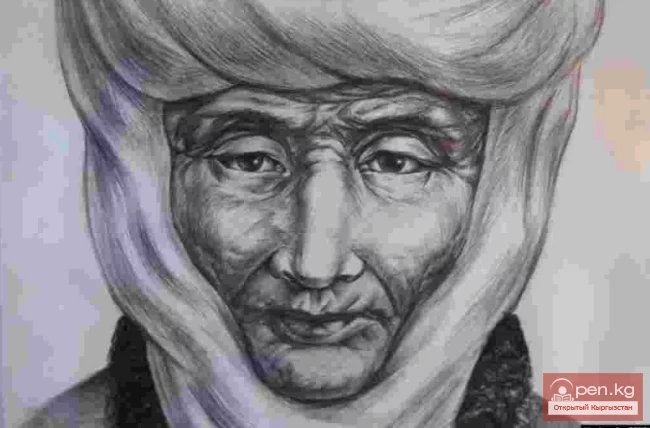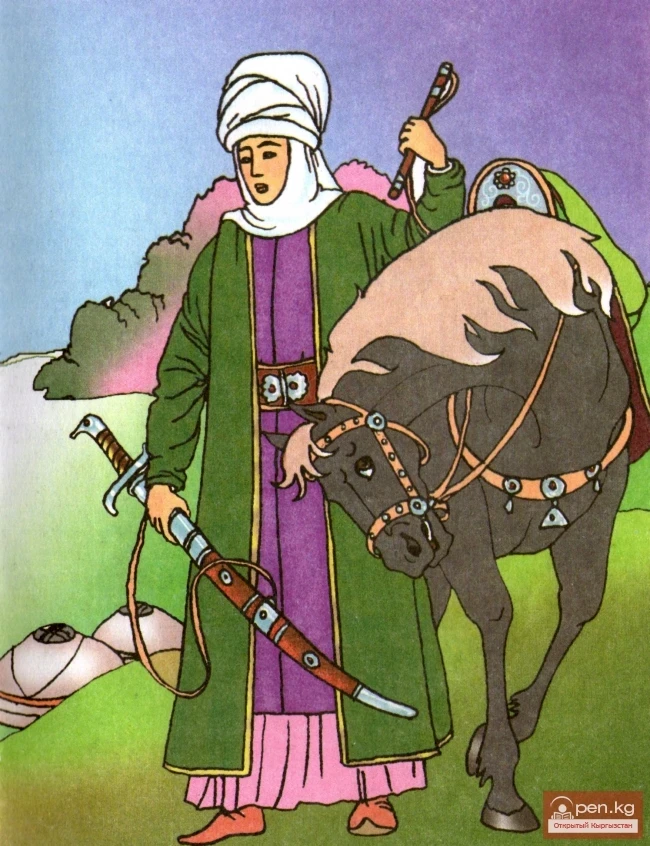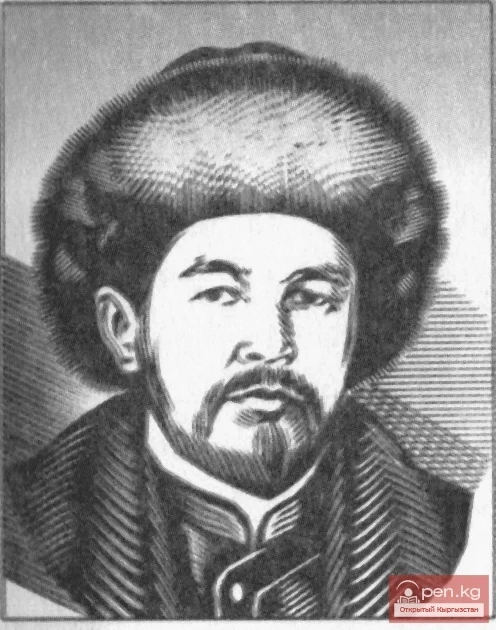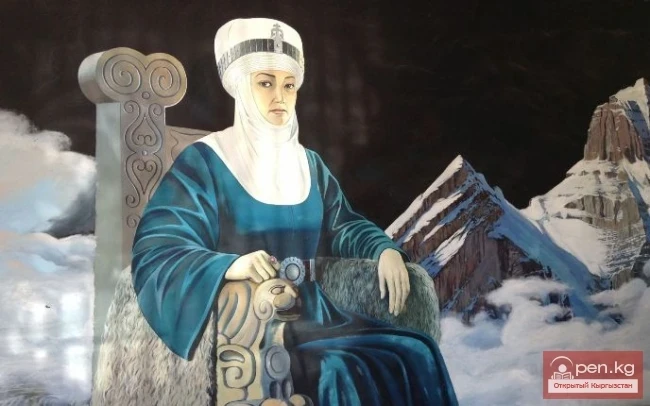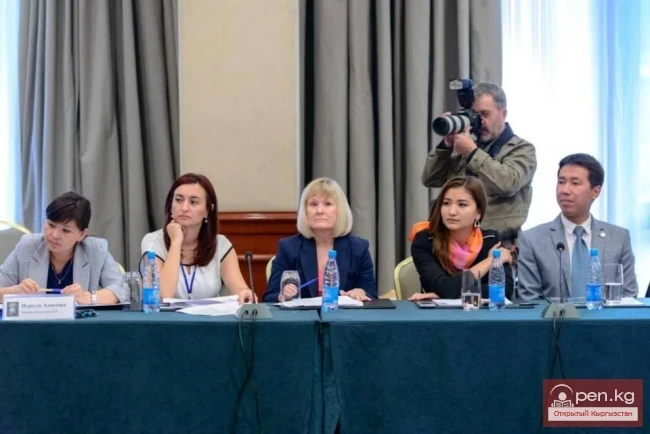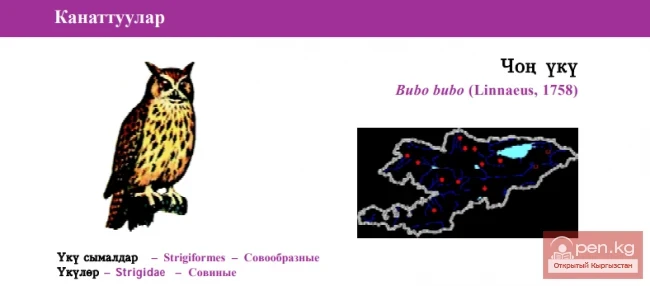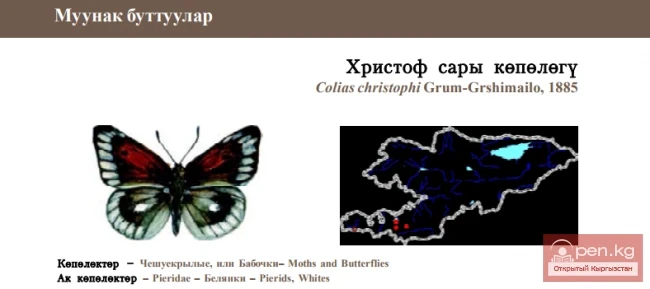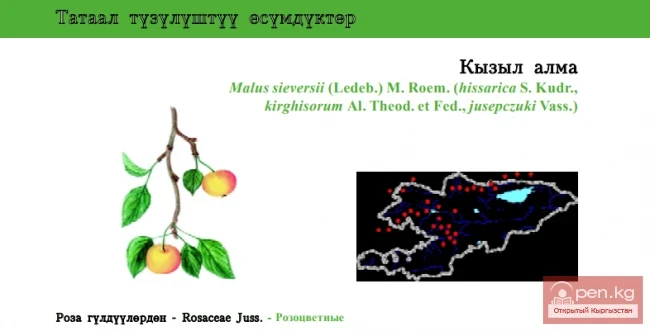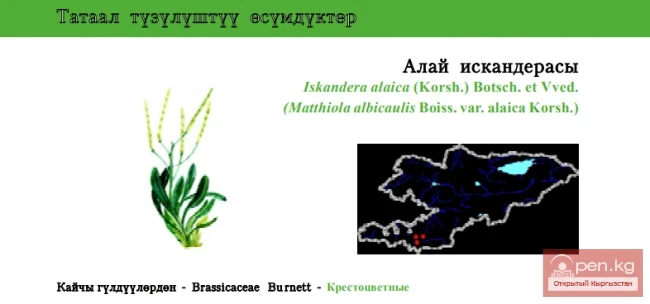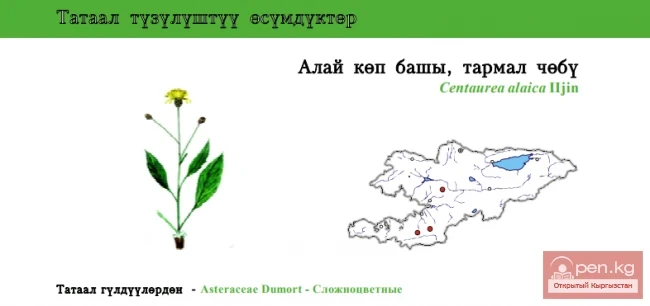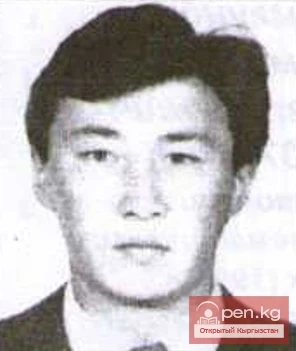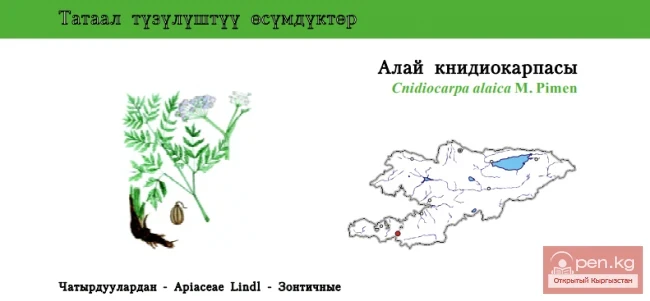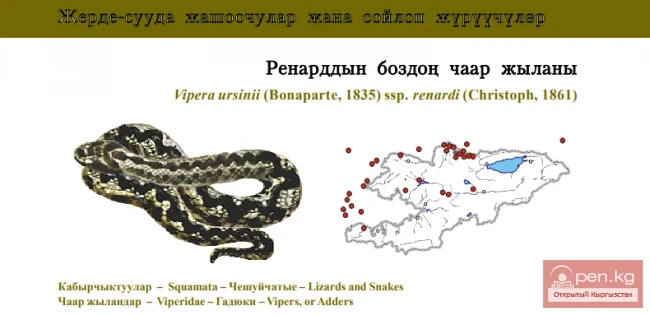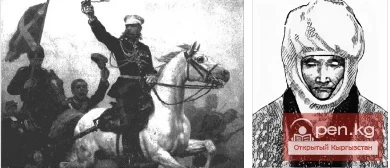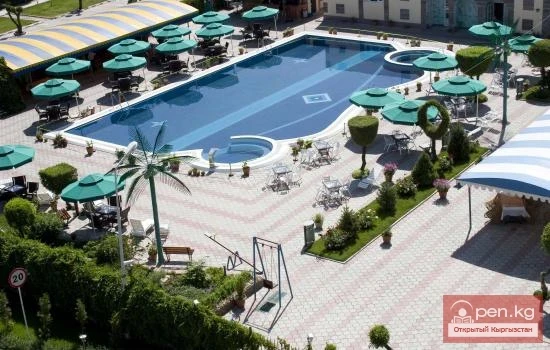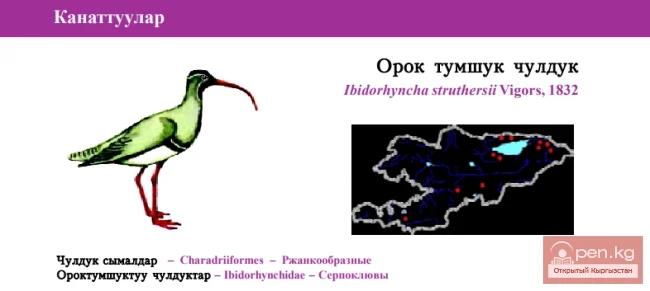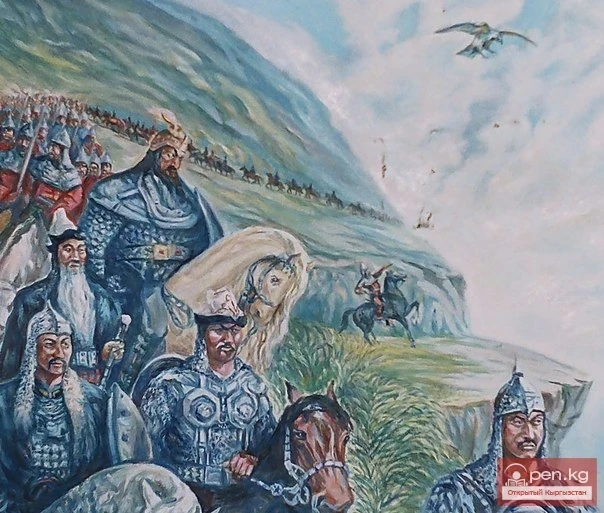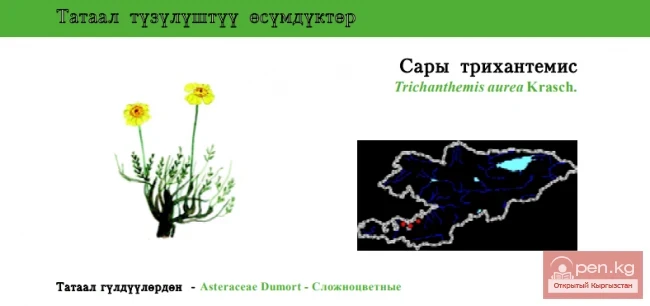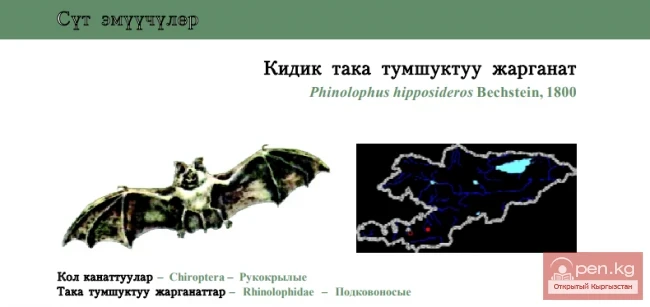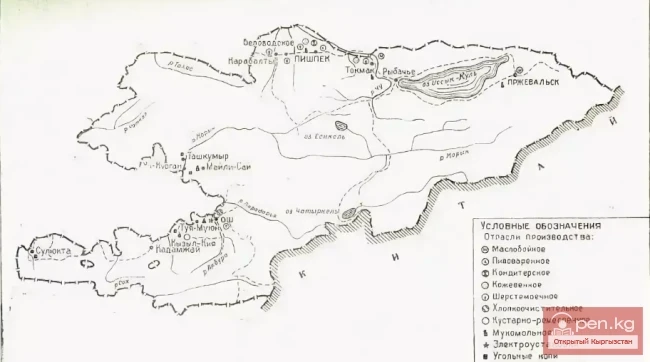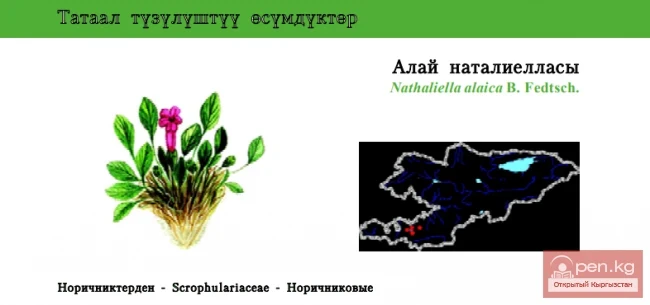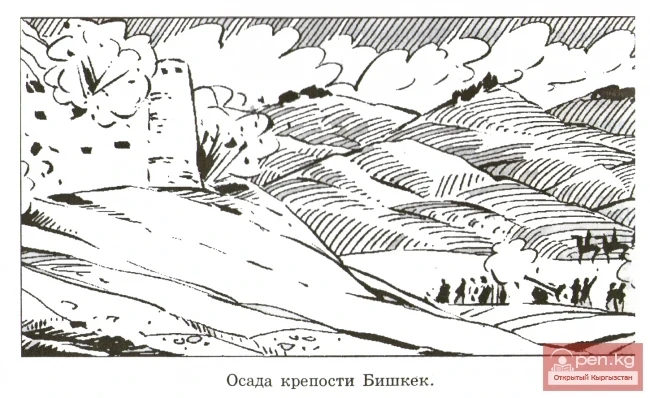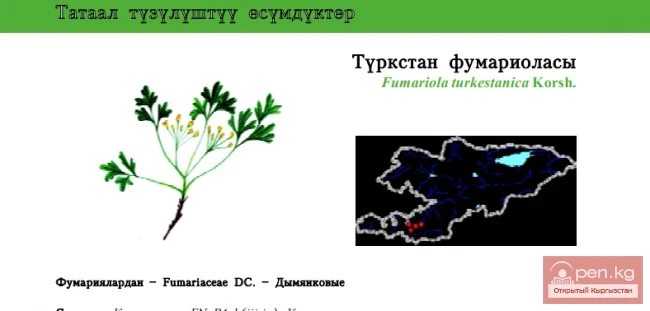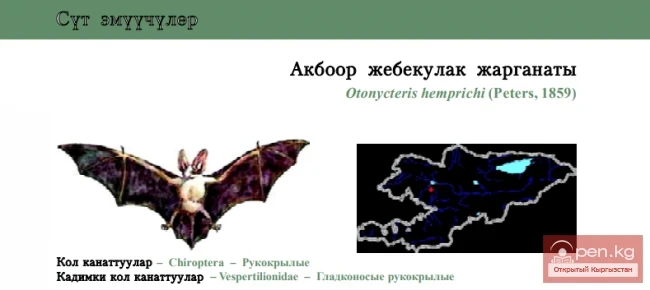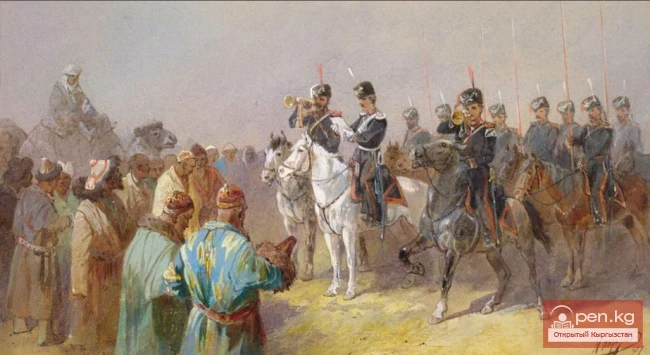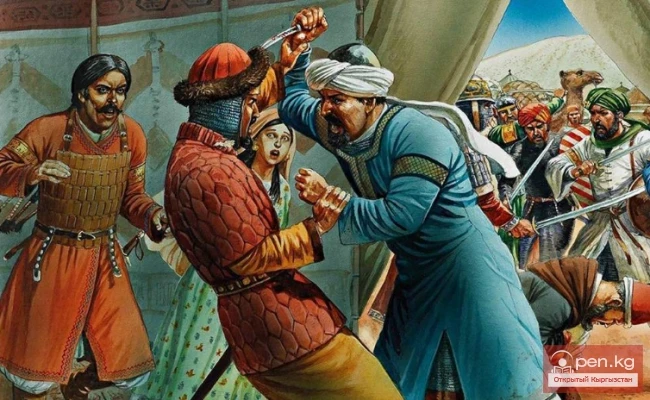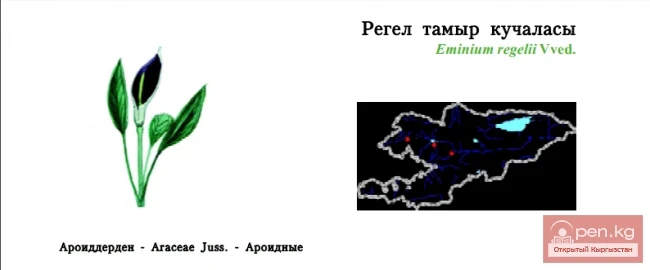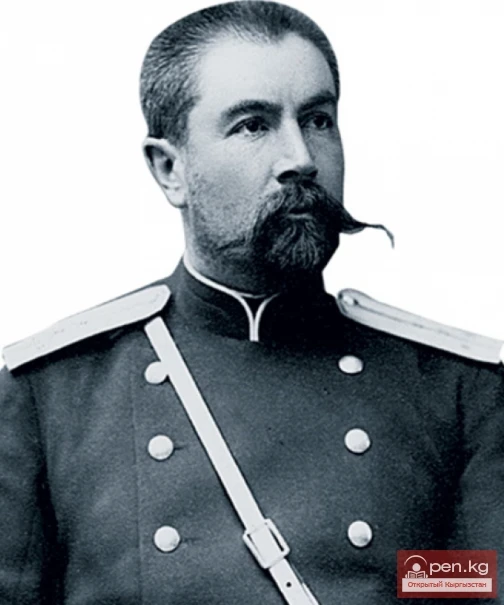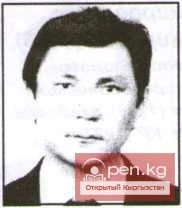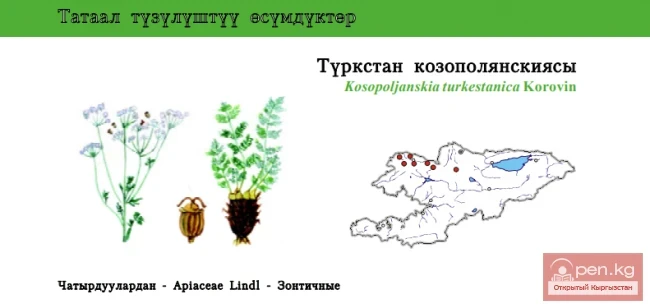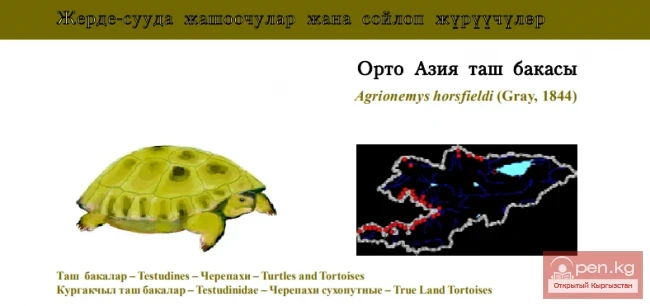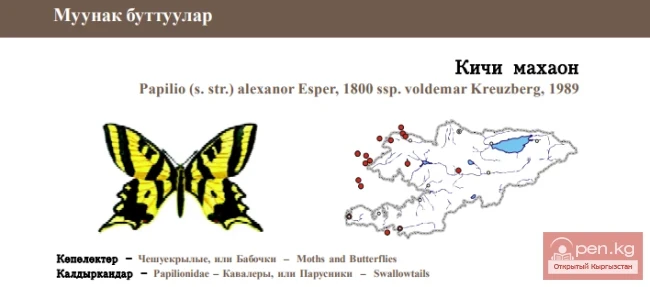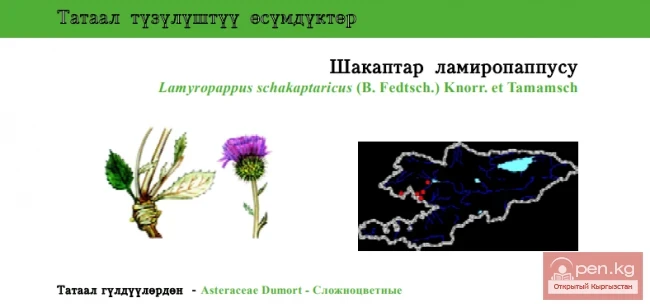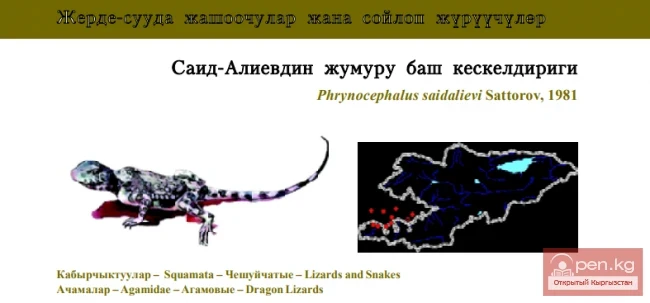Kurmanjan Datka. Part - 3
The small village of Gulcha, where Kurmanjan's residence was located, became a center of attraction. Here came the humiliated and insulted, the noble, the poor, and the rich. Some sought justice, others came for wise advice, and some simply wanted to see the person about whom good rumors spread across the world.
Kurmanjan Datka paid primary attention to the development of nomadic agriculture in Alai, folk medicine, and popular education, including her own madrasa in Osh, folk customs and traditions, folk games and entertainment, oral folk art, and the religion of Islam.
Her focus was on orphans, low-income families, disabled people, the poor, and laborers. She provided significant assistance to all of them.
In 1876, Kurmanjan Datka held negotiations with the commander of the punitive expeditionary corps, General M. Skobelev, regarding the conditions for ending the resistance of the southern Kyrgyz. After a long and protracted conversation, the Alai queen realized that Skobelev represented a more powerful and formidable state than the Kokand Khanate. Her natural insight and intuition never let her down.
She was struck by Skobelev's act of returning all the captured Kyrgyz to her. Enemies did not act like that.
Thus, Southern Kyrgyzstan became part of Russia. The fact that this process occurred without bloodshed is largely due to Kurmanjan Datka.
All representatives of the administration of the Turkestan Governor-General tried to honor her.
The reigning emperor also did not overlook her, bestowing upon her a ring with a precious stone, and for her loyalty to the tsar, a special imperial decree from 1881 granted Kurmanjan Datka a lifetime state pension of 300 rubles. A huge sum of money for those times.
Tragedy crept into Kurmanjan's family between 1893 and 1895. Her sons were accused of smuggling, murder, and were arrested. During the trial, her youngest beloved son Kamchybek was sentenced to death, while Mamytbek, Myrzapayaz, and Arslanbek were sentenced to exile for hard labor in Siberia. Many respected and authoritative people came to Kurmanjan and offered to forcibly free the prisoners from the custody of the beks. One nod from Kurmanjan Datka, and nothing would have remained of the tsar's prison and garrison.
But the mother gave a response worthy of a queen: "It is bitter to realize that my youngest will leave for another world, but I will never bear the thought that my people will perish because of my son. Then I would have no justification in this world or the next."
On March 2, 1895, Kamchybek was hanged in the square in the old part of Osh. Only Kurmanjan Datka knew what it was like to witness the execution of her own son, and how much her calmness and firmness cost her as she advised him before the execution to meet death with dignity, without humiliation.
Kurmanjan Datka had to go through tears and a chain of humiliations to alleviate the fate of her other sons, who could only be returned from Siberian exile two years later through her pleas to the "white tsar" in the distant cold capital. The involvement of Kurmanjan Datka's sons in the murders, General Korolkov wrote three years later, was never proven.
Nevertheless, all this did not shake Kurmanjan's loyalty to the tsarist authority, although she personally experienced a tragedy. Apparently, to somehow ease this grief, the emperor awarded her in 1902 with gold watches featuring the state emblem of the empire, along with a chain and a brooch adorned with diamonds. She outlived eleven governor-generals, and each of them tried to meet with her and leave her a valuable commemorative gift.
Kurmanjan Datka died on February 1, 1907, at the age of 96, surrounded by numerous relatives. At the beginning of the 20th century, she had 183 descendants. Her last journey was accompanied by two sons, two daughters, 31 grandchildren, 57 great-grandchildren, six great-great-grandchildren, and about ten thousand people from various regions of Central Asia. She was buried in the Sar-Mazar cemetery (cap - translated from Persian as "main," i.e., "main shrine") in the village of Mady, 11 kilometers east of Osh.
Kurmanjan Datka - Queen Alai. Part - 2
